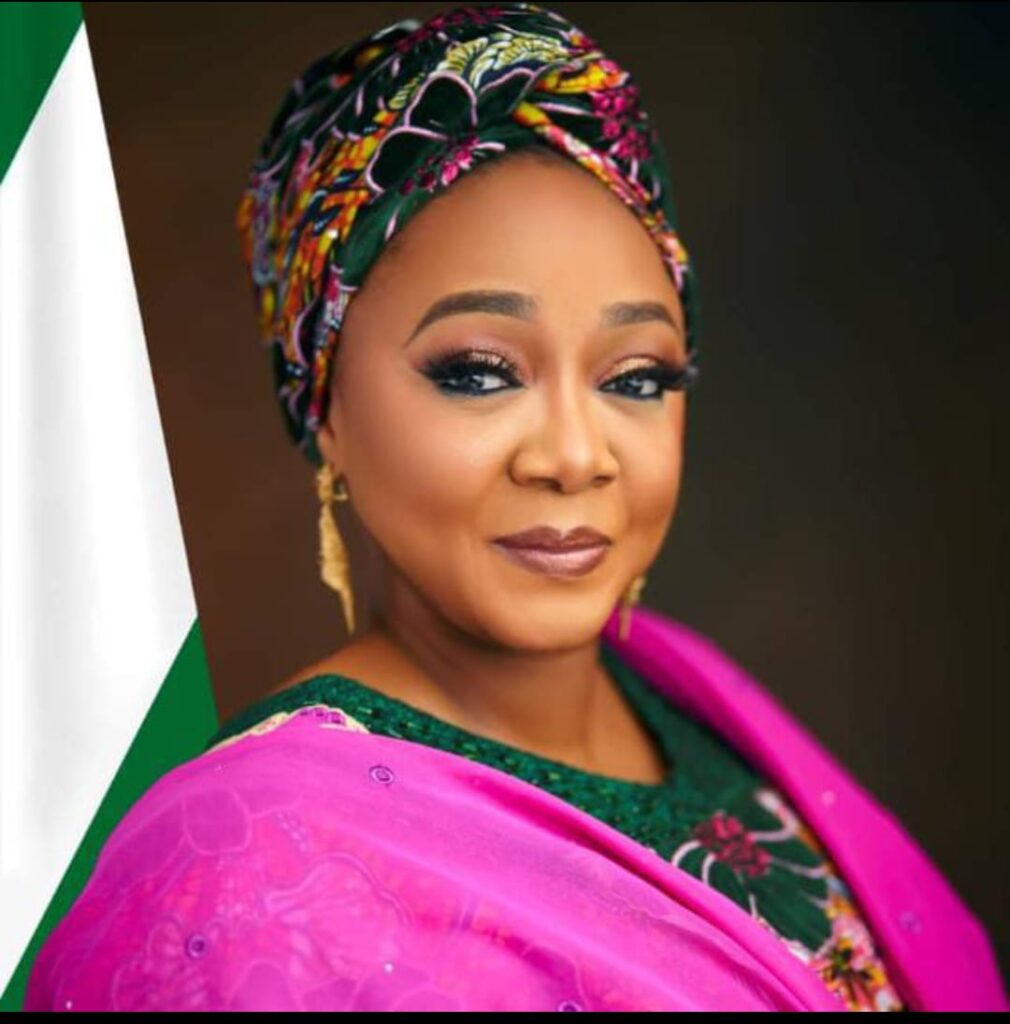The Federal Government has reaffirmed its commitment to protecting children’s rights and welfare, describing them as non-negotiable pillars of national development.
Minister of Women Affairs, Imaan Sulaiman-Ibrahim, stated this in a message commemorating the Day of the African Child, signed by her Special Adviser on Media and Publicity, Jonathan Eze. The event was held in Abuja.
According to the Minister, the administration of President Bola Ahmed Tinubu, under the Renewed Hope Agenda, has significantly increased the budget of the Ministry of Women Affairs—an indication of the government’s prioritization of child welfare.
“This is a testament to this administration’s deep understanding that children’s rights and welfare are non‑negotiable pillars of national development. A well‑planned and adequately resourced childhood lays the foundation for resilient families, productive communities, and a secure nation,” she said.
The Minister praised the continued contributions of stakeholders, including state governments, development partners, the private sector, traditional institutions, and civil society organisations, for their roles in strengthening commitment, increasing investment, and improving accountability mechanisms that directly affect children’s lives.
“A classic illustration of our commitment to child participation in governance is the National Children’s Parliament,” she noted. “This platform empowers children across the country to engage with policymakers and make their voices heard on issues that directly affect them. As a Ministry, we are committed to strengthening and expanding such avenues for child engagement and empowerment across all levels.”
Sulaiman-Ibrahim called for a renewed sense of urgency and accountability.
“On this Day of the African Child, let our commitment be both spoken and lived. Let us plan with precision, budget with integrity, and act with urgency. Let us honour not just the memory of Soweto, but the promise of every Nigerian child,” she said.
The Minister expressed concern over the condition of vulnerable children across the country. She noted that in Internally Displaced Persons (IDP) camps in Maiduguri, Makurdi, and Yola, thousands of children face the daily realities of displacement, trauma, and disrupted education. In flood-prone areas like Mokwa, over 1.4 million children were displaced in 2022 due to climate-induced emergencies, while over 10.2 million children in hard‑to‑reach communities remain out of school.
She also decried the prevalence of child marriage in the country.
“We face a national child marriage crisis: approximately 44% of girls in Nigeria are married before the age of 18, a practice that perpetuates cycles of poverty and limits future opportunities,” she lamented.
“These are not isolated vulnerabilities; they are systemic signals that our planning and budgeting processes must be more inclusive, equitable, and responsive. It is no longer enough to draft policies in boardrooms. We must ground our priorities in the lived realities of every Nigerian child, regardless of geography, gender, ability, or circumstance.
“Children are not statistical afterthoughts—they are strategic priorities. Investing in them is the only sustainable path to national transformation,” she concluded.















